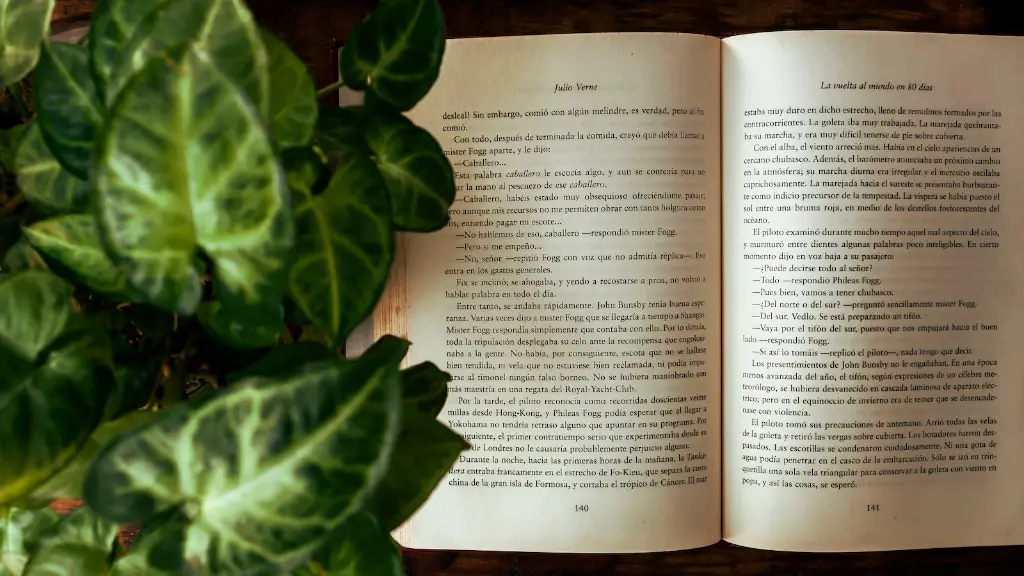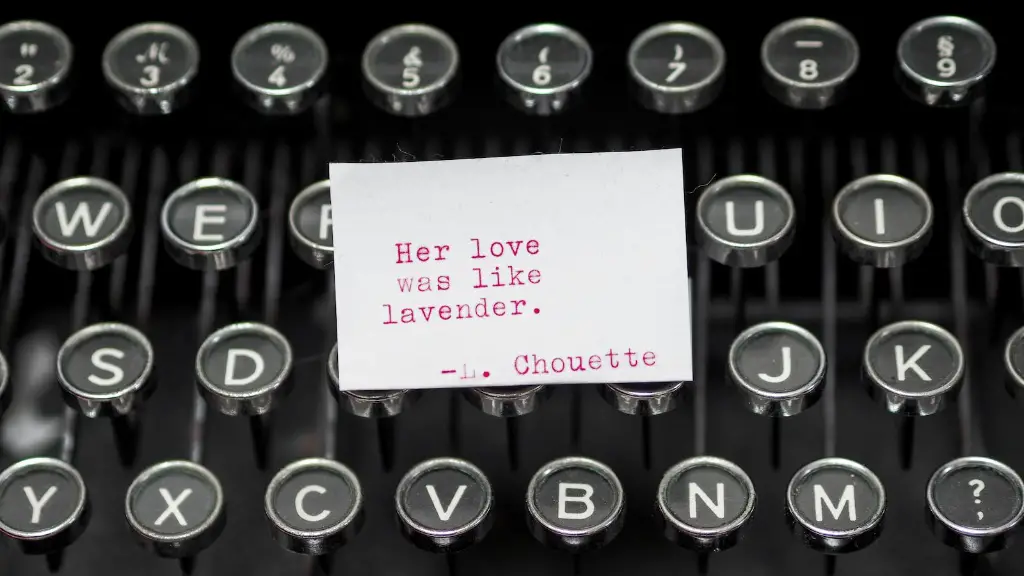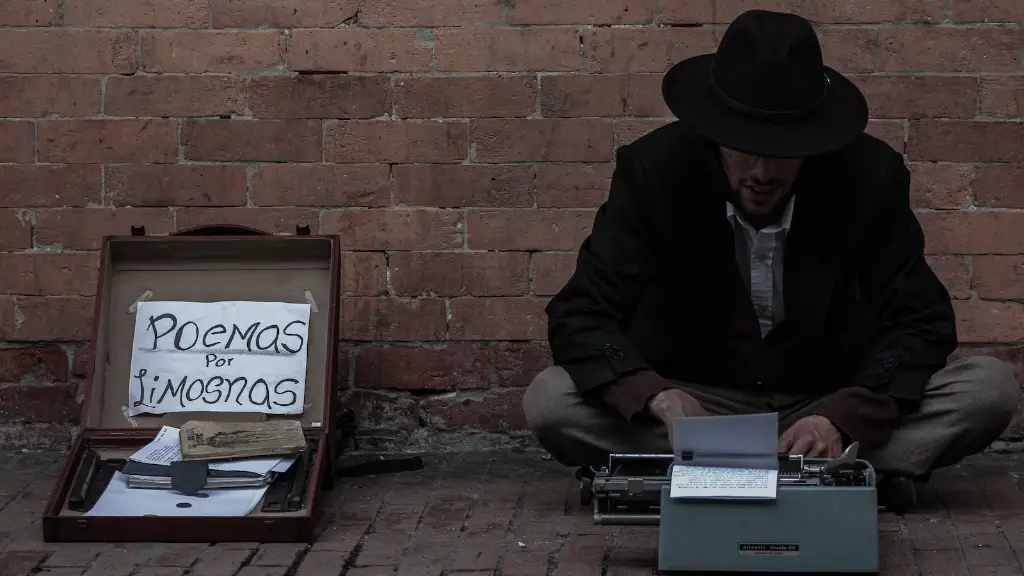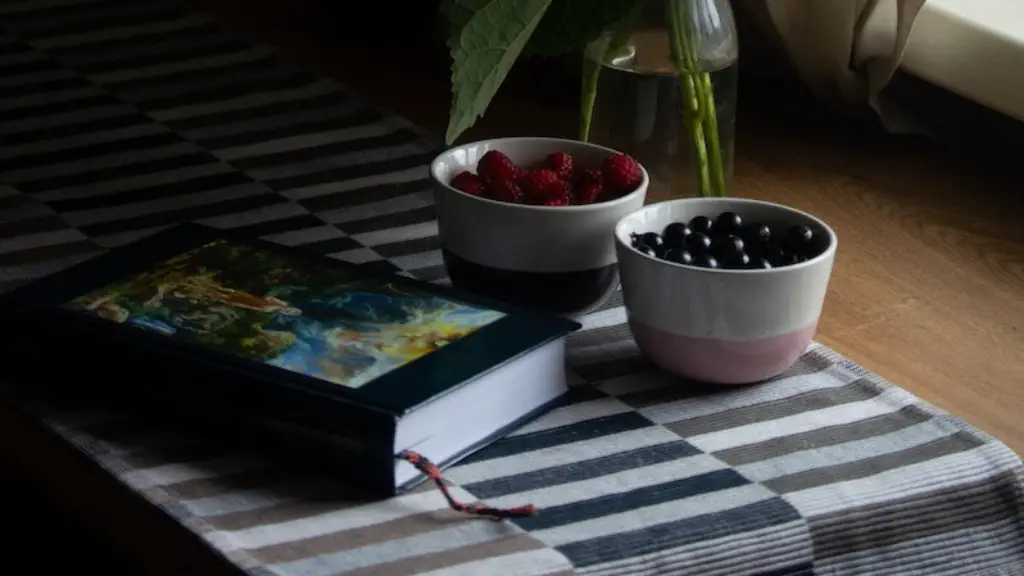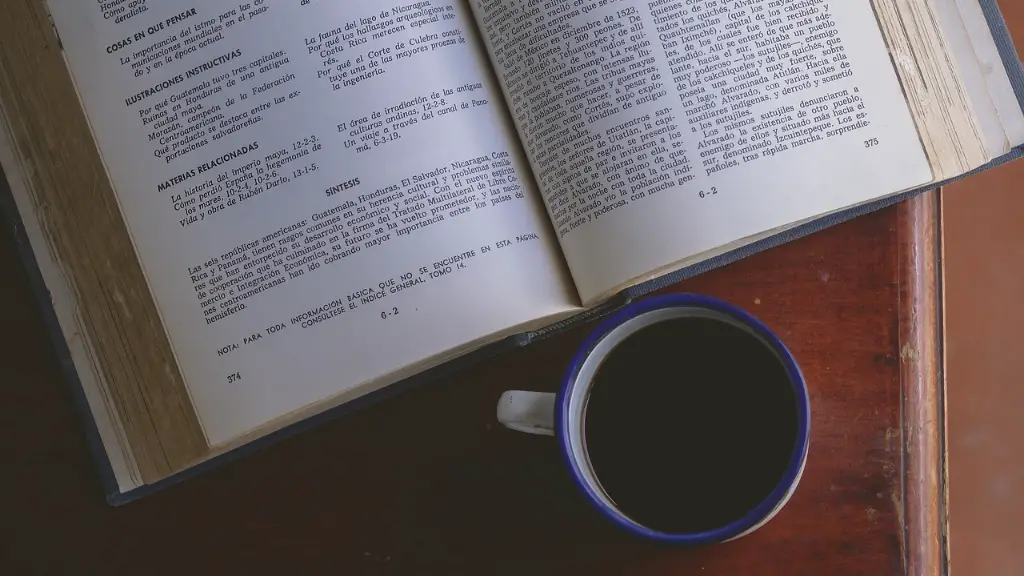What is poetry? Is it written words that rhyme or do they tell a story? Does it use rhythm and structure to convey a specific mood or emotion? As a form of creative expression, poetry can cover vast topics such as love, death, war, faith, and nature. It has been around for centuries in various cultures, designed to inspire and provoke thought. Poetry has endless boundaries, taking us on a journey into the depths of the imagination.
Although it is easy to dismiss poetry as too emotive or complex, this art form is extremely accessible in its simplest form. It often transcends traditional language to express profound and powerful ideas. Through its use of rhythm, imagery and symbolism, poetry provides an escape from reality and an opportunity to explore different perspectives. The language used is often concise and carefully chosen with each word conveying a heavy dose of meaning.
From the most intense and passionate to the most reserved and subtle, poets have always been a key source of creative inspiration. Poetry’s unique way of combining language with emotion has had a lasting influence on popular culture and literature. Even today, astounding works of art are written every day by poets who are able to capture meaningful truths in a few elegant words.
However, this creative form of expression has a divided opinion among readers. It is often seen as art written solely to evoke a feeling or point of view, disregarding the need for structure and objectivity. In particular, modern forms of poetry such as free verse are more fragmented, using repetition and non-traditional forms to develop a narrative.
Though it may be seen as being unwelcoming in terms of structure, it is here where artists are able to express themselves in their truest form. Sometimes, it is not necessarily the words that make a poem, but the power of the feeling it evokes. Whether it adheres to traditional rhyming schemes or more experimental structures, poems remain one of the most effective ways to communicate ideas and emotions to an audience.
The History of Poetry
One of the oldest forms of literature, poetry has been around since ancient times. The earliest civilizations used oral poetry to remember and pass down stories, passing traditions and cultures through generations. As well as being an essential part of popular culture, poetry also played a critical role in religious and political affairs.
In the medieval period, poetry was often used in courtly entertainment, creating a platform for wealthy and influential individuals to learn about more about approved and well-respected topics. During the 18th century, the popularisation of the written form of poetry in books and magazines brought a refreshing new interpretation to the art form, placing a greater focus on emotionality and beauty.
With the introduction of technology in the modern age, poetry has been able to reach a wider audience. It has become more accessible and easier to create, allowing lesser known artists to share their art with a much larger audience. Though its foundations remain rooted firmly in the past, it has been able to grow and evolve with each generation, continuously providing readers with new interpretations.
The Benefits of Writing Poetry
The power of poetry lies in the fact that it allows the authors to have a true form of self-expression. Writing poetry is a great way to express varying emotions such as joy, anger, sadness and even confusion in a productive way. It helps to blow off steam and clear the mind, aiding with mental health and wellbeing, as well as being a great way to put words on difficult experiences.
Writing poetry forces you to condense your thoughts and emotions into as few words as possible, consolidating ideas and experiences into a single powerful statement. It can provide an important and valid outlet for our feelings and emotions, allowing us to step away from the day to day and appreciate the beauty of language. Additionally, the creative process involved with writing poetry allows the poet to feel in control of the situation, generating a much-needed sense of security and order.
Poetry is also a great way to become more familiar with literature. It can teach the language skills of understanding symbolism, proper rhythm and meter, as well as being able to establish and keep a narrative. Furthermore, poets are often able to relate to other creative arts, such as painting and music, utilising techniques to convey powerful messages and impart deeply resonating effects.
The Power of Language In Poetry
Poetry is the ultimate form of language- the bare bones of literature. Like other forms of writing, the selection of language is of utmost importance. Each individual word has to work together to tell a story, displaying intricate and intense relationships between one another.
The beauty of poetry lies in its ability to take something intangible, like an emotion, and express it in a few powerfully written words. The brevity and multiple meanings to many words and phrases allows each reader to interpret it differently. Each reader can take away something unique, allowing them to feel connected or contained within a single piece of writing.
Poetry is an art of discovery, offering new ways of seeing and perceiving the world. Through its use of symbolism and substance, it allows writers to explore topics and ideas difficult to express in literal language. A well written piece of poetry is like an untranslatable foreign language – it conveys powerful messages effortlessly and evocatively.
The Do’s and Don’ts of Writing Poetry
Writing poetry is a personal experience. It is important to find your own voice when writing, allowing yourself to be true to your emotions and thoughts. Use words that you feel comfortable with, and that have personal undertones or meanings. A piece of writing can be physical or abstract, humorous or sorrowful, as long as it conveys a powerful message.
When beginning a poem, it can be helpful to come up with a title or starting phrase Examples of this include; “My Life In Five Lines” or “A Poem for My Grandmother”. This can provide you with a mental starting point, allowing you to express those thoughts and feelings in a poetic manner.
Don’t be afraid to go off track. As long as you remember the original line of thinking, a few twists and turns can help to bring depth to your poem. If you don’t feel comfortable with writing in traditional forms such as haikus or sonnets, you can experiment with different forms to find out what works best for you.
Lastly, remember there are no wrong answers in poetry. Writing can be daunting at times, but above all else it should be enjoyable. Through using expressive and vivid language, it allows you to express the essence of your thoughts and ideas.
The Role of Poetry in the Modern Age
Though it is often seen as outdated and irrelevant, poetry has been able to maintain a presence in pop culture. Whether it is in films, television series, or books, it has the ability to capture our attention like no other literature.
In our current era, poetry is more available than ever. This has enabled many new and upcoming artists to have their work heard and appreciated. In addition, poetry’s compatibility with social media has also allowed for greater engagement with a wider audience.
The increased recognition and awards given to poets has placed an emphasis on artistic value. This has opened up opportunities for artists to develop their own style and has lessened the stigma that poetry is inferior to other genres.
Poetry has become one of the most powerful forms of public discourse, giving a voice to people who have been traditionally silenced. In the past few years, it has been seen as a vehicle for social change, creating a space for open minded dialogue.
As literature continues to evolve and develop, it is clear that poetry has found a home in popular culture. It is used to raise awareness around difficult topics, and is seen as a potent tool to spread messages of important social and political issues.
The Impact of Poetry on Mental Health
Poetry has been known to have profound effects on mental health. It provided a creative outlet to express feelings, while allowing readers to take a step back and gain another perspective on difficult situations.
It helps to reduce negative thought patterns and can be used as an empowering tool to remind us of our strength and resilience. Writing can also help to improve self-acceptance and bring about a much-needed sense of hope and optimism.
In addition to this, poetry gives readers a safe place to express their emotions in a healthy manner. Through its expressive capabilities and versatility, it can help to provide insight into various psychological and emotional issues, aiding in the healing process.
Furthermore, the ability of the narrative to transcend traditional language provides an essential therapeutic tool. By connecting individuals to a much larger universal story, it helps to take away feelings of isolation and despair.
Final Thoughts on Poetry
It is clear that poetry is more than just words on paper – it imparts feelings and emotions that can move and inspire readers. Although the modern interpretation of poetry has changed its form, its essential purpose at the heart of literature remains unchanged.
Poetry provides an escape from the mundane, immersing readers in a world of imagination and creativity. Through its use of powerful language and emotion, it is able to captivate an audience and make them feel as though their own stories are being told.
Poetry can be used as an inspirational tool to evoke thought and action. By exploring its various forms and staying open-minded, amazing works of art are rediscovered every day, encouraging us to look at the world from a different perspective.
